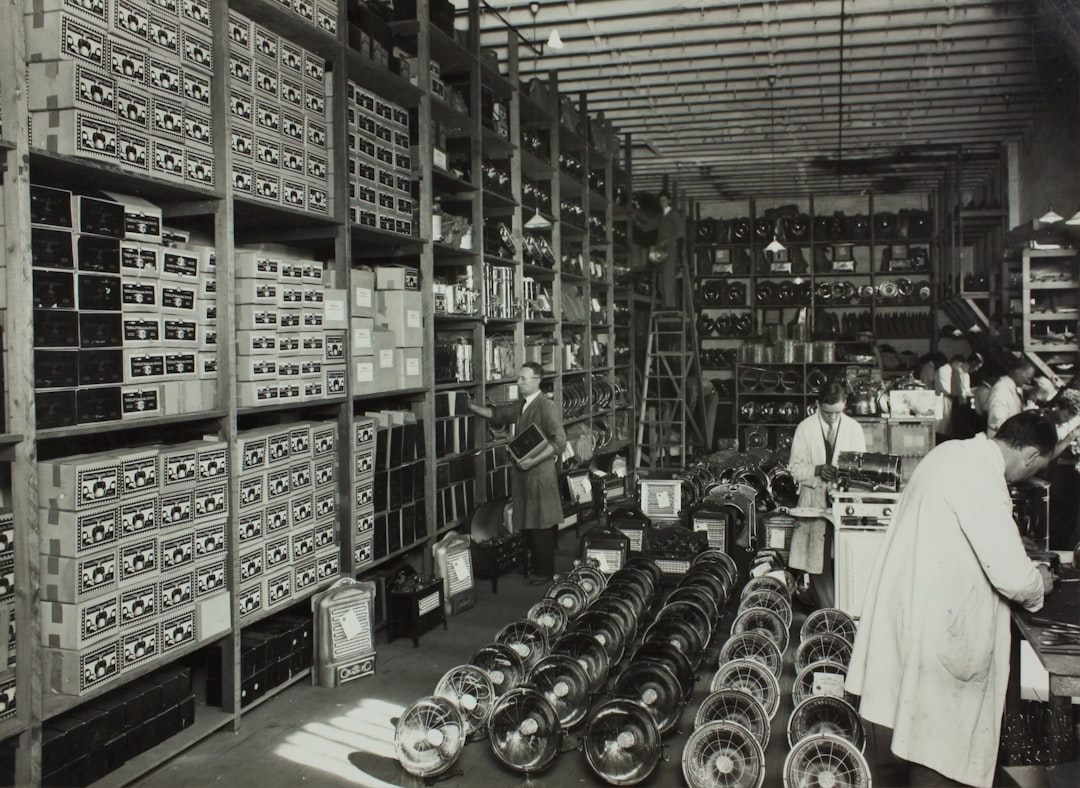What Are Digital Twins?
A digital twin is a virtual replica of a real-world entity or process, such as a product, machine, or entire manufacturing facility. It uses real-time data from sensors and IoT devices to mirror the behavior of its physical counterpart, allowing for continuous monitoring, analysis, and optimization of operations
.
Benefits of Digital Twins in Manufacturing
Digital twins offer numerous benefits to manufacturers, enhancing efficiency, productivity, and innovation across various aspects of production. Here are some key advantages:
1. Predictive Maintenance
-
Benefit: Digital twins predict potential equipment failures, enabling proactive maintenance that reduces unplanned downtime and associated costs
-
.
-
Impact: This approach can cut breakdowns by up to 70% and lower maintenance costs by 25%
-
.
2. Process Optimization
-
Benefit: By simulating different scenarios, digital twins help identify the most efficient operational parameters, leading to energy savings, reduced wear and tear, and improved product quality
-
.
-
Impact: This optimization can result in significant cost reductions and increased productivity.
3. Cost Reduction
-
Benefit: Digital twins enable manufacturers to test different materials and production methods virtually, reducing the need for physical prototypes and minimizing waste
-
.
-
Impact: Companies like General Electric have saved millions by using digital twins to optimize processes and reduce unplanned maintenance
-
.
4. Real-Time Monitoring and Decision-Making
-
Benefit: Digital twins provide real-time insights into production processes, allowing for swift identification of anomalies and timely interventions
-
.
-
Impact: This capability supports quality assurance and ensures smooth operations by detecting issues before they escalate.
5. Product Innovation and Development
-
Benefit: Virtual prototyping and simulation enable manufacturers to test new product configurations more efficiently, accelerating innovation and time-to-market
-
.
-
Impact: This approach helps companies bring innovative products to market faster and more cost-effectively.
6. Improved Collaboration and Training
-
Benefit: Digital twins facilitate immersive training for new operators and enhance collaboration across different teams by providing a shared virtual environment
-
.
-
Impact: This improves safety, reduces training costs, and enhances overall operational efficiency.
7. Data-Driven Planning and Scalability
-
Benefit: Digital twins support strategic planning by providing real-time data for resource allocation, production planning, and quality control
-
.
-
Impact: This capability helps manufacturers adapt quickly to changing market demands and scale operations efficiently.
Digital twins revolutionize manufacturing by offering a powerful tool for optimizing operations, driving innovation, and enhancing decision-making processes.










0 Comments